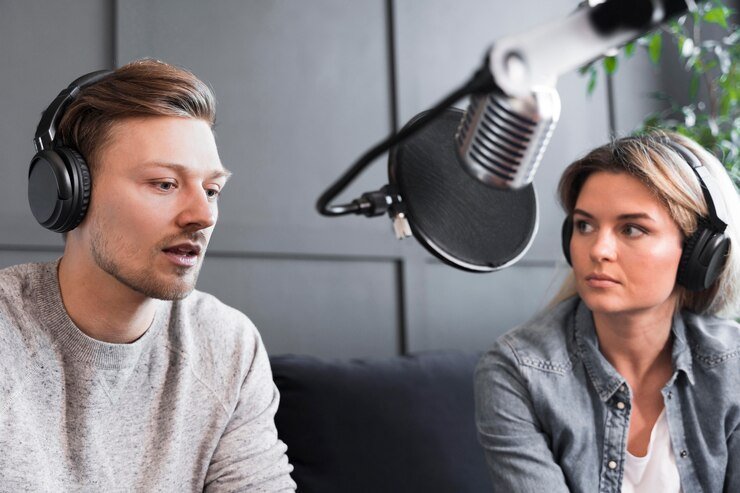Hey there, folks!
Have you ever wondered if you’re hearing what someone’s saying or just catching their words in passing? Effective listening is like the secret sauce of meaningful conversations; I’m here to dish it out.
The Significance of Effective Listening
Listening isn’t just about hearing sounds; it’s about diving into the heart of what someone’s saying. Effective listening can turn an ordinary chat into a deep and genuine exchange.
According to the folks at Maryville University, there are four main listening techniques you should know about:
- Deep Listening: This is about committing to understanding the other person. It’s like building a bridge of trust and connection, showing you truly value what they say.
- Total Listening: It’s all about paying the closest attention to what’s being said, especially when learning something new or tackling work projects.
- Critical Listening: Ever find yourself trying to sift fact from opinion? That’s critical listening in action. Think political debates or a slick sales pitch.
- Therapeutic Listening: Sometimes, people need to vent. Therapeutic listening is creating a space for friends, colleagues, or family members to open up. It’s all in the nods, eye contact, and understanding of their feelings and experiences.
The Art of Active Listening
Effective listening isn’t a passive act; it’s an active one. To master it, focus on the speaker and their message. Show your understanding through body language, like eye contact, ask questions that show you’re engaged, and resist the urge to interrupt.
Distinguishing Between Listening and Effective Listening
The secret sauce here is knowing what to listen for. Effective listening lets you tune in to the speaker’s self-identity, goals, and what’s holding them back. It’s about guiding them without judgment, steering clear of assumptions or quick fixes.
Overcoming the Challenges
Sure, effective listening can be a bit tricky. Our anxieties can sometimes push us to interrupt with advice, judgments, or our own stories. Remember, it’s okay to let moments of silence happen. It’s all part of the journey.
As a Peer Specialist, you guide your peers with open, honest questions that help them explore their truths. Think of it like journalism: who, what, where, when, and how, but steer clear of “why” as it can put people on the defensive.
In Conclusion
So, here’s the deal: Try some of these techniques in your next chat. As Peer Specialists, our mission isn’t to solve problems; it’s to listen and ask questions that don’t judge. You’ll be amazed at how people appreciate being honestly heard.
Effective listening isn’t just a skill; it’s a superpower for personal growth and building stronger connections. Let’s all become better listeners and make those connections matter.
Catch you in the NewsBlogs and Newsletters!
Howard Diamond, your friendly New York State Certified Peer Specialist from Long Island.
Certified Peer Specialist from Long Island.
- Howard Diamond
- Howard Diamond
- Howard Diamond
- Howard Diamond









